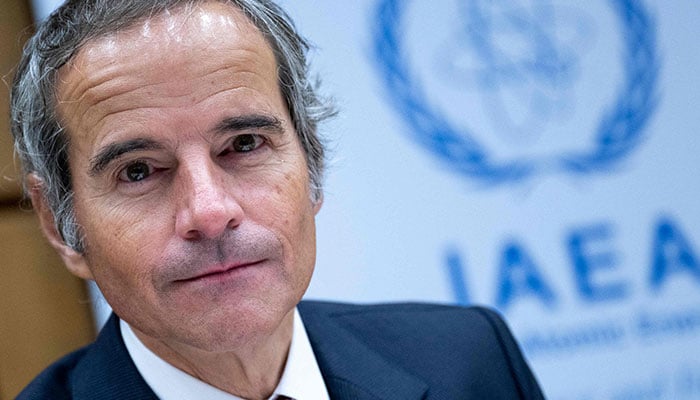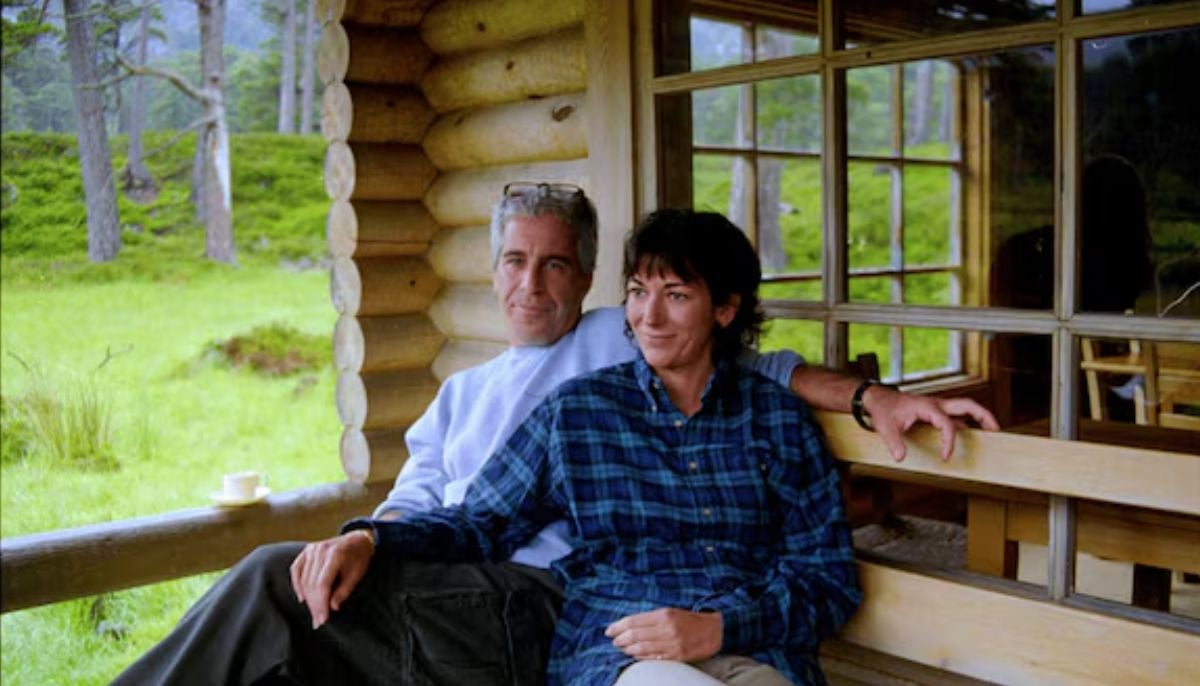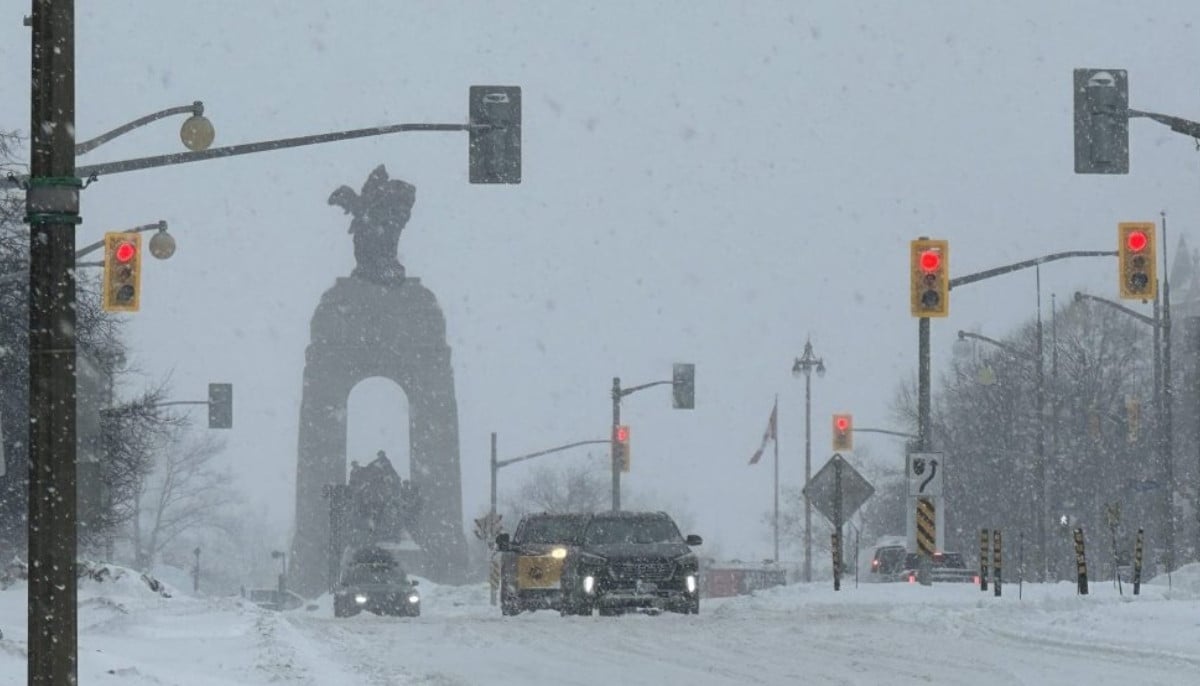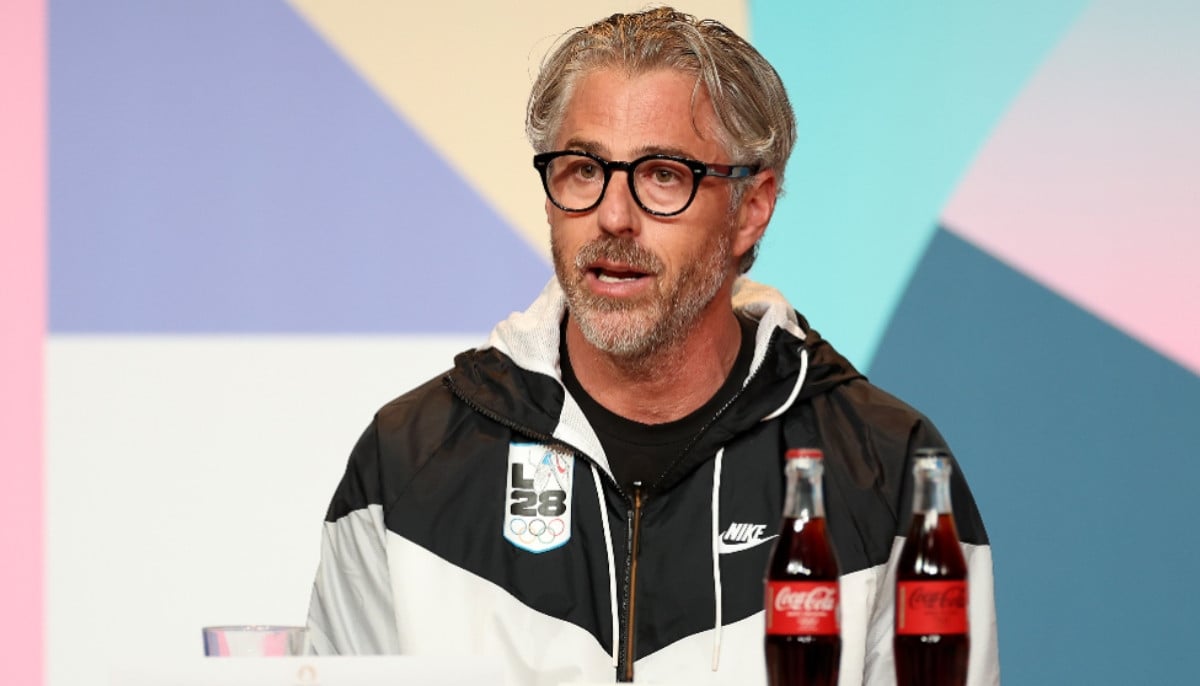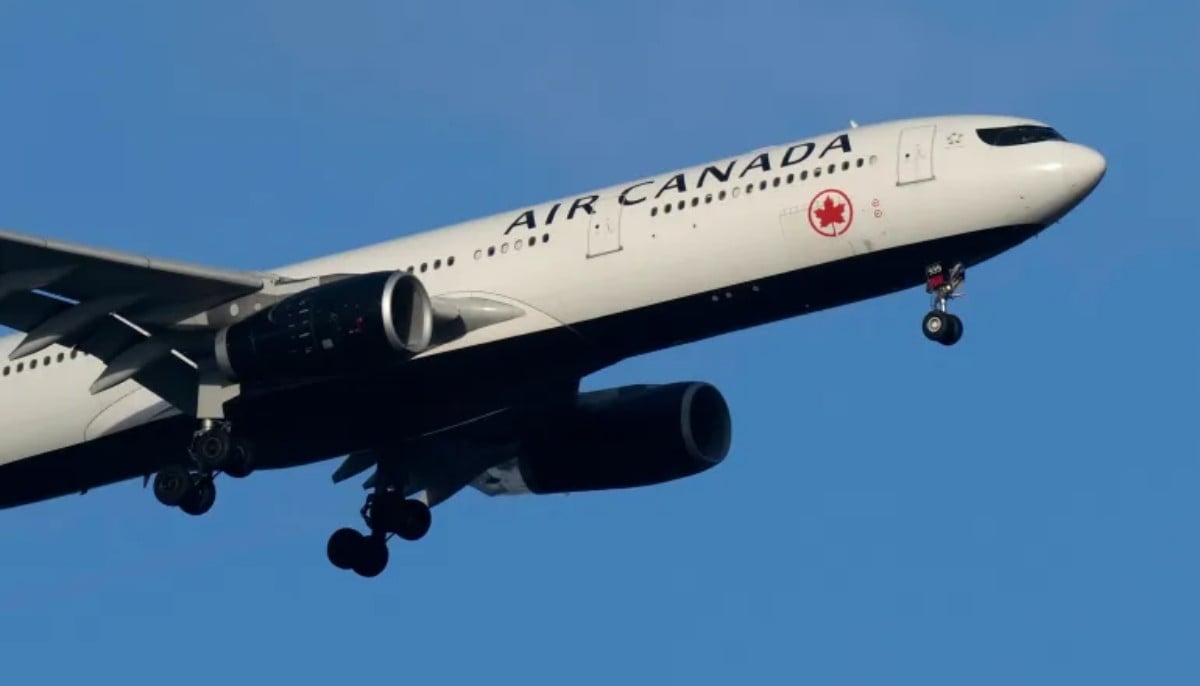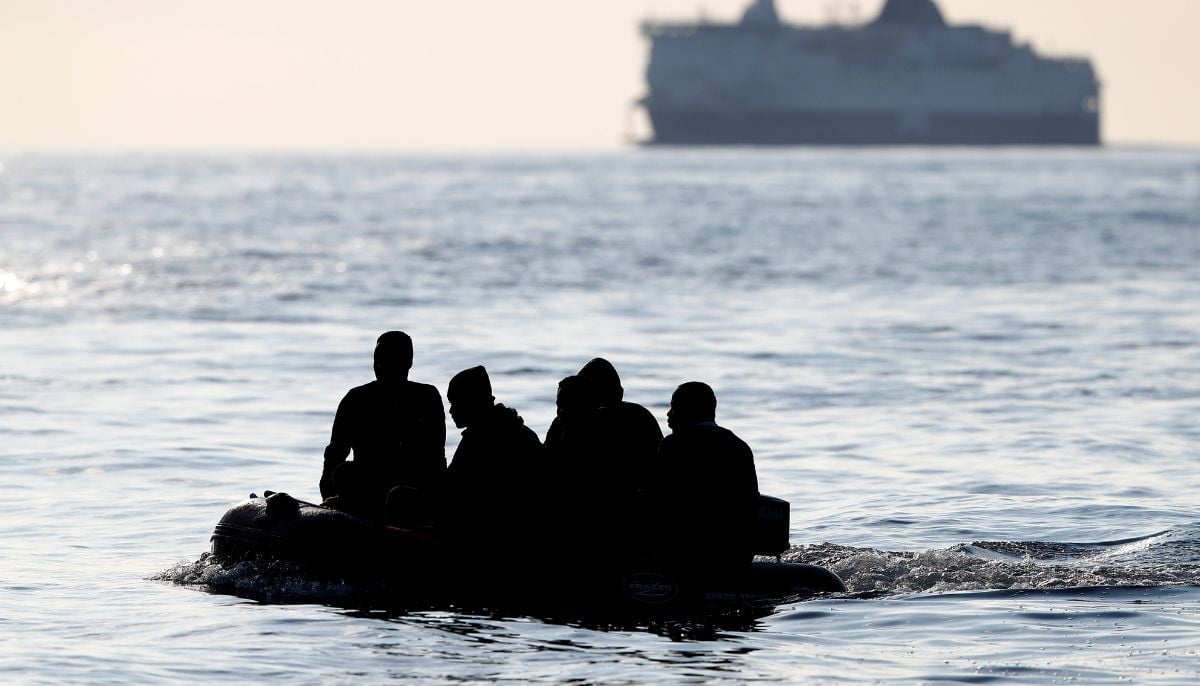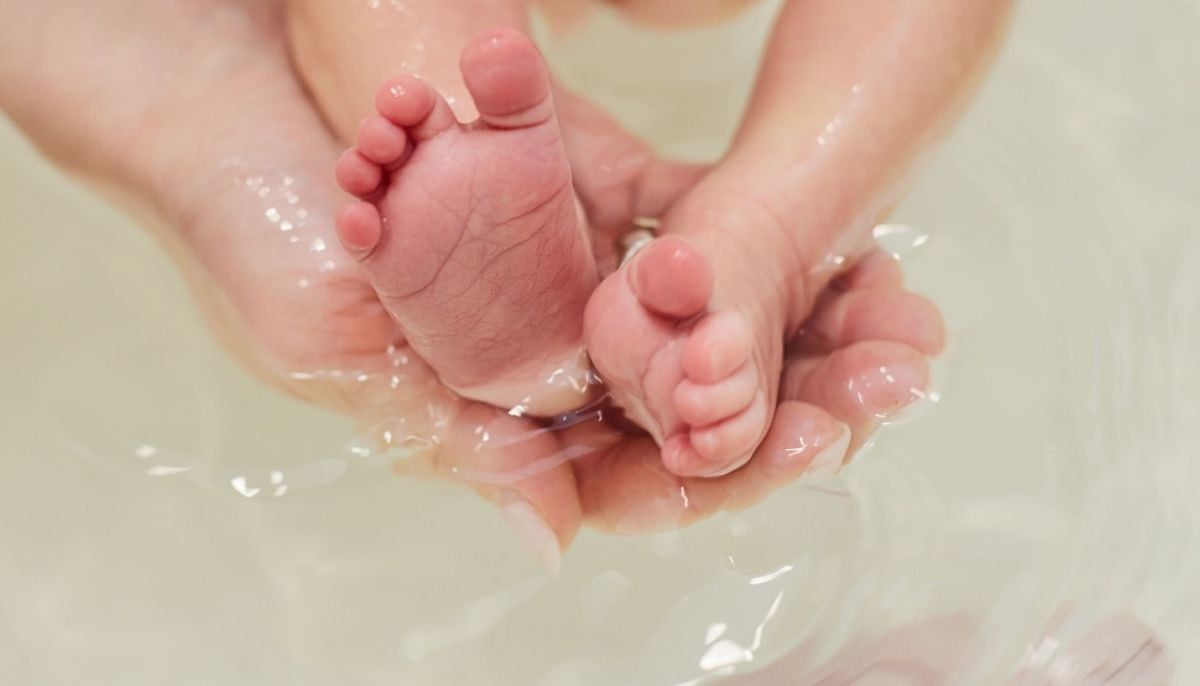IAEA breathes easy as Libyan military recovers missing uranium
The other day, IAEA in Vienna reported that 2.5 tonnes of natural uranium had gone missing from a Libyan site
BENGHAZI: Several containers of natural uranium reported missing by the UN’s nuclear watchdog in war-scarred Libya have been found, a general with one of the country’s two rival camps said Thursday.
General Khaled al-Mahjoub, commander of eastern strongman Khalifa Haftar’s communications division, said on his Facebook page that the containers of uranium had been recovered "barely five kilometres (three miles)" from where they had been stored in the Sabha area of southern Libya.
"The situation is under control. The IAEA has been informed," Mahjoub told AFP.
On Wednesday the International Atomic Energy Agency (IAEA) in Vienna reported that 2.5 tonnes of natural uranium had gone missing from a Libyan site.
Following the announced discovery on Thursday, the IAEA said it was trying to verify the information.
Uranium ore concentrate is considered to emit low levels of radioactivity.
IAEA inspectors on Tuesday found that "10 drums containing approximately 2.5 tonnes of natural uranium in the form of uranium ore concentrate... were not present" as previously declared at the location, IAEA Director General Rafael Grossi wrote in a report to member states.
The substance is commonly known as "yellowcake", a powder consisting of around 80 percent uranium oxide. It is used in the preparation of nuclear fuel for reactors, and can also be enriched for use in nuclear weapons.
Risks from the material are "limited but not negligible," according to a senior Western diplomat.
"Missing nuclear material is a safeguards and nuclear security concern, especially given the site is not under the control of the regulatory authority in Libya," the source said.
Years of chaos
Libya has been mired in crisis since dictator Moamer Kadhafi’s overthrow in a 2011 NATO-backed uprising, with a myriad of militias forming opposing alliances backed by foreign powers.
The North African country remains split between a nominally interim government in the capital Tripoli in the west, and another in the east backed by Haftar.
Mahjoub published a video showing a man in a protective suit counting 18 blue containers, the total that had been stored at the site.
The general suggested the containers had been stolen and then abandoned by "a Chadian faction who thought they were weapons or ammunition".
Profiting from Libya’s years of chaos and porous borders in the desert region, fighters from neighbouring Chad and Sudan established rear bases in Libya’s south.
An inspection of the site had initially been scheduled for 2022 but had to be postponed due to the "security situation in the region", the IAEA had said.
It added that it monitored the location routinely through commercial satellite imagery and other open-source information.
Analysis of these images led the agency to make a physical inspection, despite the security risk and logistical challenge, it said.
On Facebook, Mahjoub said that after the inspection revealed the disappearance, Haftar-linked forces recovered the containers.
Libya under Kadhafi had a suspected nuclear weapons programme. It was scrapped in 2003 but during the uprising against Kadhafi a yellowcake storage site was discovered at a desert oasis in the Sabha area.
After a visit to the site in 2011, the IAEA recommended that the barrels of yellowcake be sold or moved as storage conditions were deteriorating and the site lacked security.
-
Trump nears 500 press interactions in his second term, surpassing former President Biden
-
Snow forecast warns of reduced visibility and travel risks in Ontario
-
Casey Wasserman says he ‘deeply regrets’ Ghislaine Maxwell emails after DOJ file release
-
Gordie Howe Bridge faces uncertainty after Trump warning to Canada
-
Air Canada’s flights to Cuba halted as aviation fuel crisis worsens
-
At least 53 dead after migrant boat capsizes off Libya
-
'God of War' announces casting major key role in Prime Video show
-
Baby left in running bathtub dies after father ‘forgets’ him
